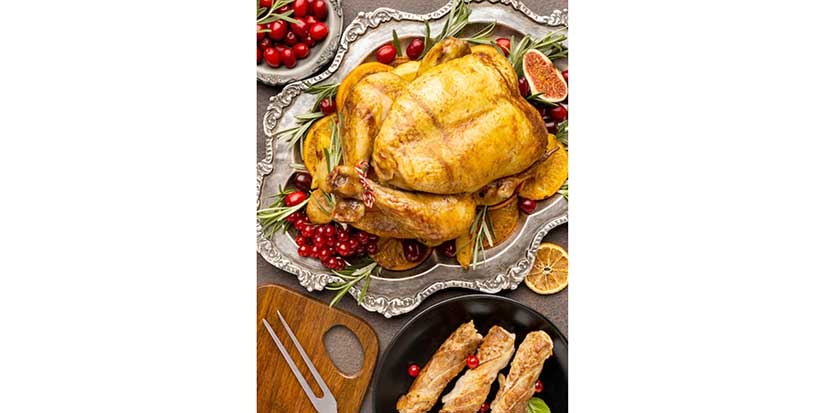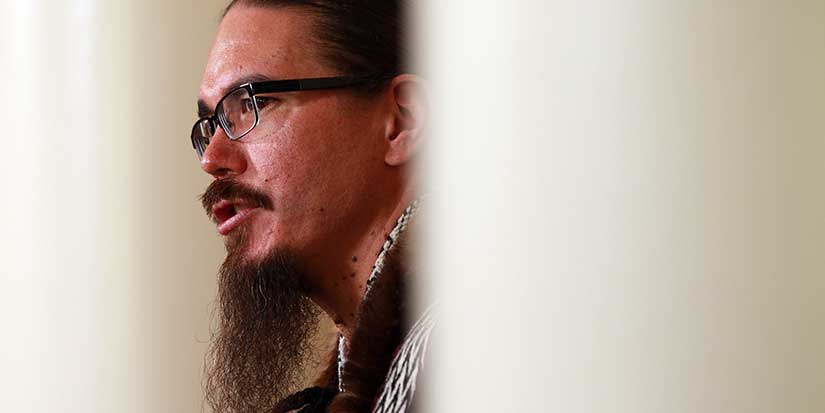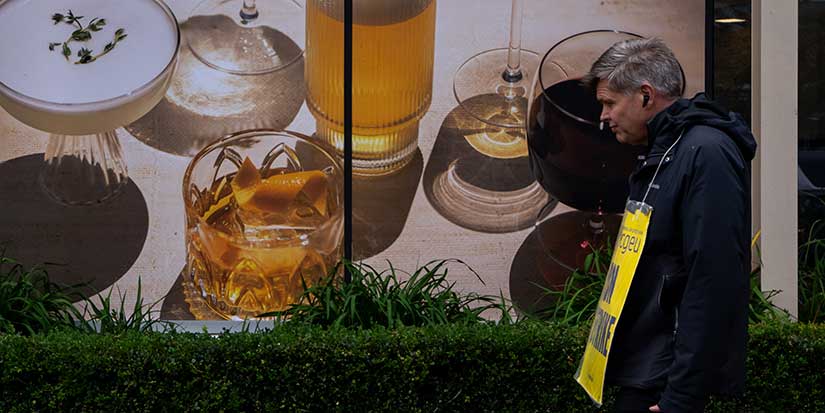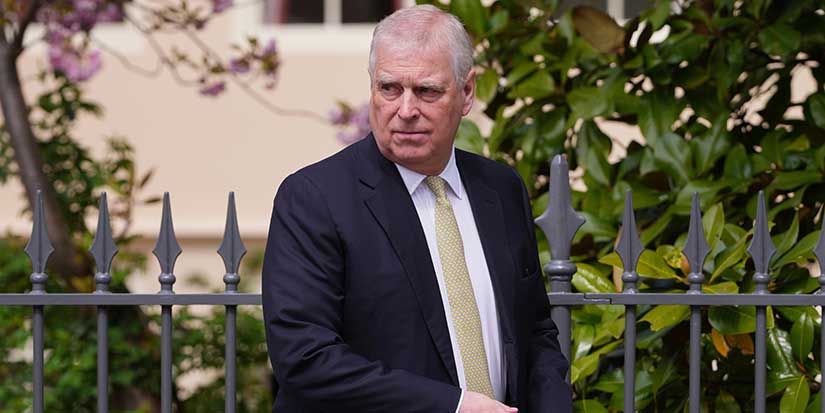Latest News
Rika Mansingh: Mindful eating for the festive season

Published 11:46 PST, Fri December 8, 2023
—
Jim Gordon (JG): The addition of Rika Mansingh a registered dietitian and clinical consultant, has proven to be popular with our viewers both in print and on video. Rika, they love the fact that you offer information about the body, the mind, healthy eating while keeping it simple and easy to follow. This is the fourth of a series, and today I understand with the holiday season we’re going to talk about mindful eating during the festive season.
Rika Mansingh (RM): It is so important to recognize the difference between emotional eating and physical hunger.
To differentiate between the two, emotional eating happens rapidly, you’re triggered, and you want to eat immediately. True hunger develops over a longer period with a willingness to eat a variety of foods, the opposite to eating in response to emotion. Emotional eating is not just a question about what you’re eating but also what is eating you,
I always tell my patients before you eat pause and ask yourself ‘am I really hungry or am I eating because I’m stressed or bored?’. Drink a glass of water or do a different activity, wait for 15 minutes, and revisit those feelings. It’s important to eat only when you’re hungry.
JG: You don’t want to overthink this but it’s almost like you need a strategy to get through the festive season. Some of the things I wanted to talk to you about was, the mindful eating strategies to get you through the holiday season without overindulging.
RM: I think being mindful and having a heightened awareness is key, only when you’re aware of what you’re doing can you make a change. I like to refer to the festive season as the food festive season because our routine is interrupted and that’s when the inevitable overindulging occurs.
Doing something like eating on the go, you’re rushing, your brain does not register that you have eaten and what happens is you eat more food and crave faster. You will actually miss your mind sensation of fullness, it takes your mind 20 minutes to recognize that you’re full. If you eat slowly, and savour each bite, you’ll get full faster.
Another strategy is being mindful of associations, for example, don’t eat while watching tv, because these things can easily form habits. Another association is the movies, automatically we stand in line to get our sugary beverages, extra-large popcorn, because that’s what we do at the movies, but do you really need the popcorn. A strategy for that is have a light snack before you go to the movies, and then decide if you want a large popcorn or a small popcorn.
JG: I find that I get stressed if my apartment is messy, in your book you write a section called ‘catch those tricky traitors’, what are some tips to cope with the emotions when triggered, without turning to food?
RM: All habits are patterns and when you’re aware of a pattern you can change it. When it comes to emotions, it’s important to be aware, if you’re eating unhealthily what did you see, think, hear, feel, before that triggered the habit to happen. It’s usually the same thoughts, feelings, and behaviours that follows. Most people, either overthink the future or over-remember the past. What you have to do is to bring yourself to the present moment. Focus on being grateful in the present moment, inhale for four seconds hold then exhale for four seconds. Do a different activity and switch to gratitude.
There’s a science behind gratitude, the brain cannot think a negative thought if in a state of gratitude. If you’re feeling stressed and suddenly say what am I grateful for, and do that and the breathing, eventually the stress will subside interrupting the pattern. Another good technique to bring a person to the present moment is, a neuroscience back technique. It’s called the five, four, three, two, one, technique.
At the point you’re stressed pause, breathe, bring to your awareness, five things you can see, four things you can touch, three things you can hear, two things you can smell, and one thing you can taste. That will send you to the present moment, where you’re not overthinking the future or over-remembering the past. You can only do those techniques if you catch yourself, if you’re aware and not on autopilot.
JG: Let’s talk about your advice on the subject of the upcoming festive season. One needs to stay motivated and it’s tough because the season is long and there are lots of social gatherings. What can you advise in terms of staying motivated and on track during that period.
RM: With a lot of my patients, I tell them to make realistic goals, don’t aim to achieve weight loss over the festive season, a realistic goal would be to maintain your weight. The second thing is to plan ahead, if you know you’re going to a buffet or social gathering, have a light snack beforehand to curve your appetite so you don’t over-indulge.
Another thing is to exercise more, have a balance. It’s important to enjoy your favourite foods, and it’s very important to watch the negative self-talk after you’ve overindulged the night before. Guilt hinders progress, you want to have love and compassion for yourself and know that every day is a new day and it’s okay to have those days where you overindulge.
JG: I find personally, that exercising the next day is kind of a reward. Focusing on food and over eating, whether you’re at a family or a social gathering, what recommendations could you give for food swaps?
RM: There’s many food swaps a person can do, the first thing is to avoid foods that are deep fried, battered, crumbed, and overly sautéed, for those foods that are baked, boiled or steamed. An interesting swap is instead of using your oil based creamy dressings on a salad, use a vinaigrette because even if you use two tablespoons of a vinaigrette dressing on your salad, it actually delays the digestion of carbohydrates in your meal.
You could swap fruit for dessert and with refined carbohydrates which we spoke about in our last segment like white bread, white rice, or white pasta, go with the wholegrain, multigrain, brown or wild rice and quinoa. A good idea is also when you place an order at a restaurant while dining out, ask for your sauces and gravy on the side so you can decide how much you’re going to use. If the portions are too large, take the rest of it home or share it with somebody else.
JG: Do you have any final words of wisdom for our viewers this festive season?
RM: I would like to say that we should all embrace the festive season with joy and nourishment. Choose wisely, remember it’s not a time for deprivation, enjoy your favourite foods and find a way to make it work for you. What’s very important is to savour each bite, as a celebration of your wellbeing. You are alive and breathing, and I wish you a very happy, healthy, festive season.
To watch the video interview, go to richmondsentinel.ca/videos
































